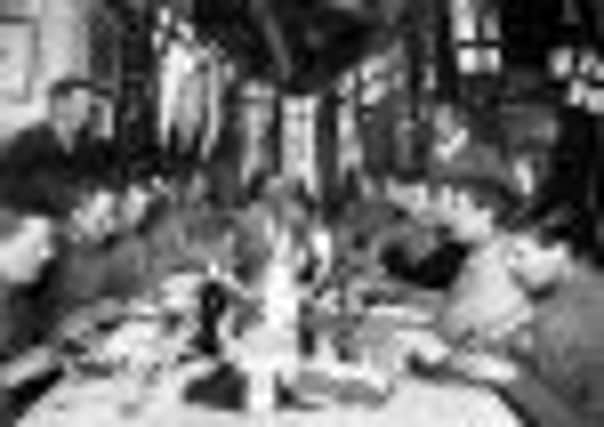Century of debate on whether Scott was a hero or fool


The explorer and his team of four battled horrendous weather conditions to reach the pole on January 17, 1912, only to find that Norwegian adventurer Roald Amundsen had got there first.
On their way back to base camp all five of the British Antarctic pioneers succumbed to starvation and extreme cold, with Scott probably the last to die on around March 29, 1912.
Advertisement
Hide AdAdvertisement
Hide AdThe centenary of Scott’s doomed final journey is being marked with exhibitions and polar expeditions that reflect how his stoic courage, moving words and tragic death still grip the imagination.
Over the past 100 years the explorer’s reputation as a national hero who typified the British stiff upper lip has been questioned by studies suggesting his incompetence lay behind the mission’s failure.
Scott has been accused of taking inadequate equipment – including too few dogs and experimental motorised sledges that broke down – as well as picking insufficiently experienced team members and deciding at the last minute that five men should make the final trek to the pole despite only having supplies for four.
But the incredible tale of his voyage into the unknown continues to inspire books, films and further Antarctic exploration.
Advertisement
Hide AdAdvertisement
Hide AdThe explorer dreamed of becoming the first person to reach the South Pole.
But the expedition failed to get there first, and the last of the survivors were just 11 miles from a camp with stores which could have helped them survive when they were finally overcome.